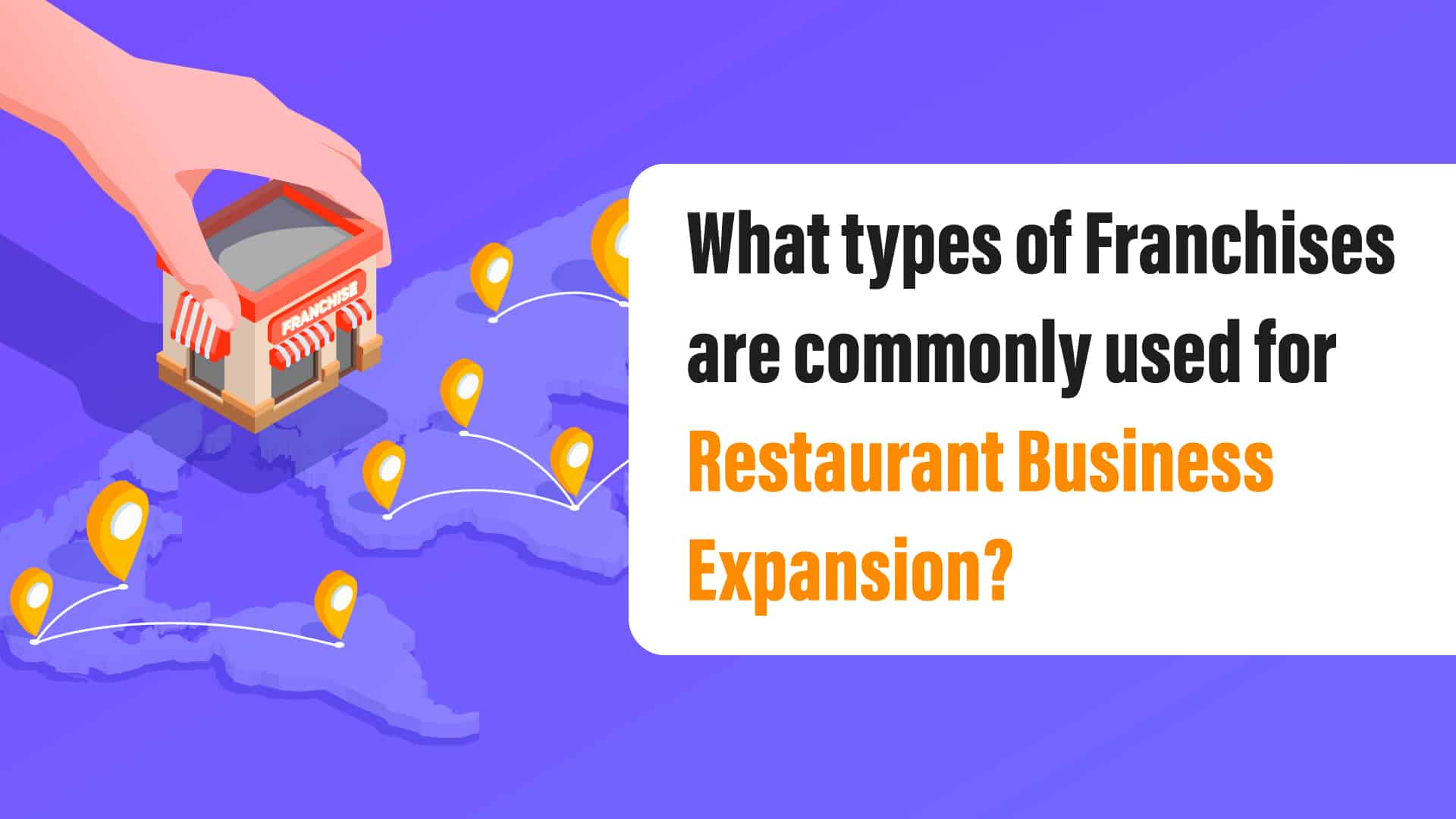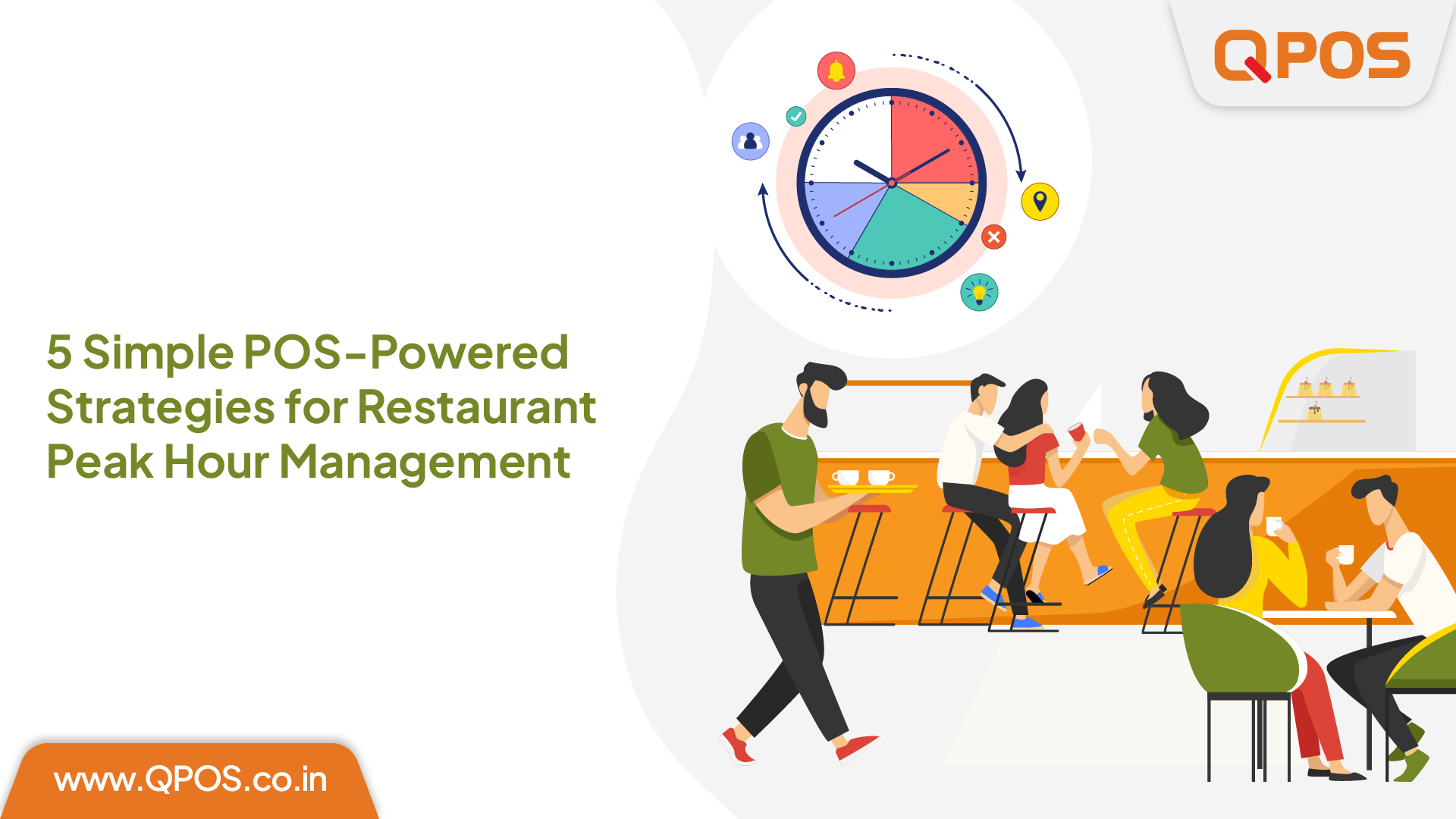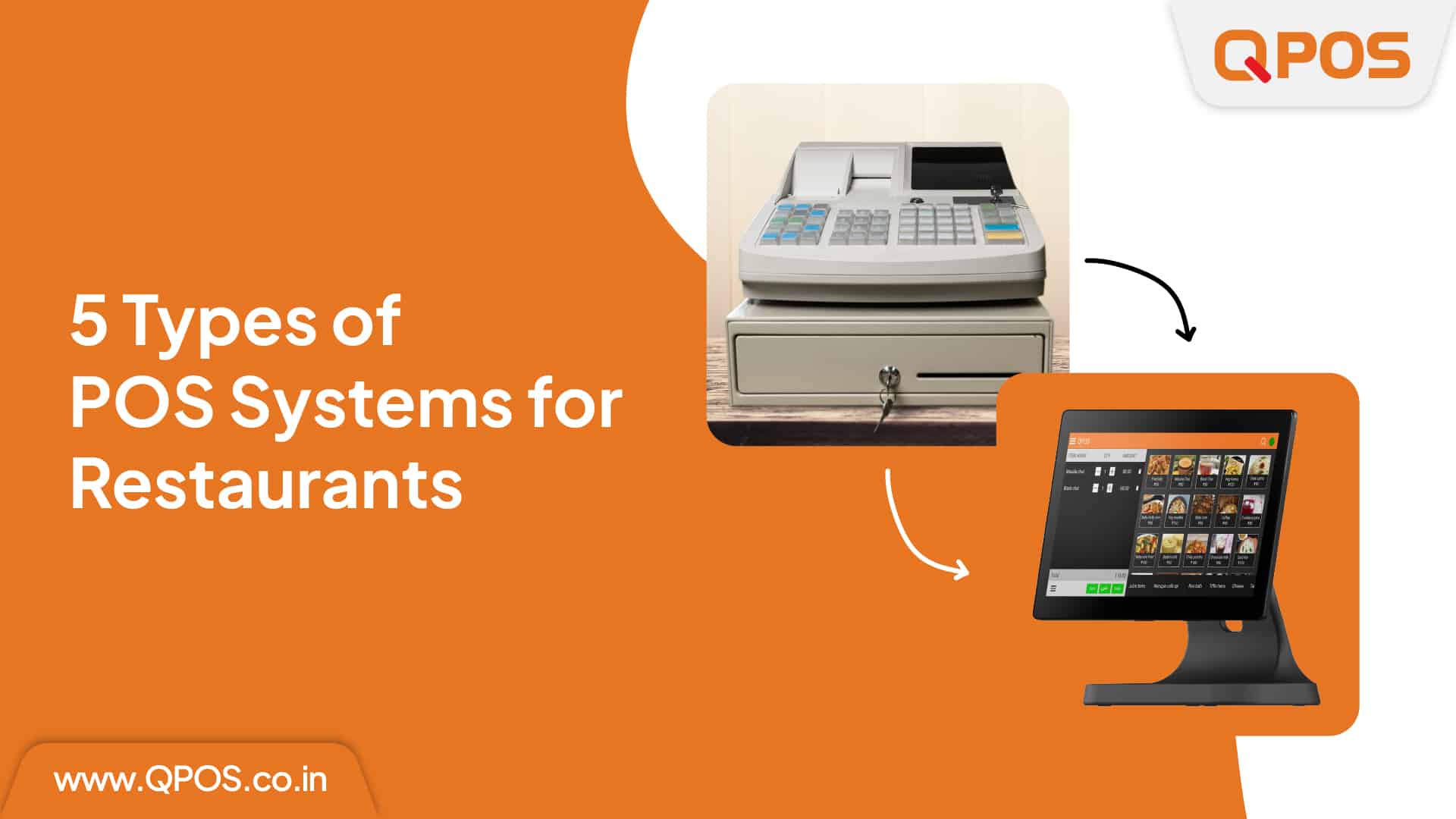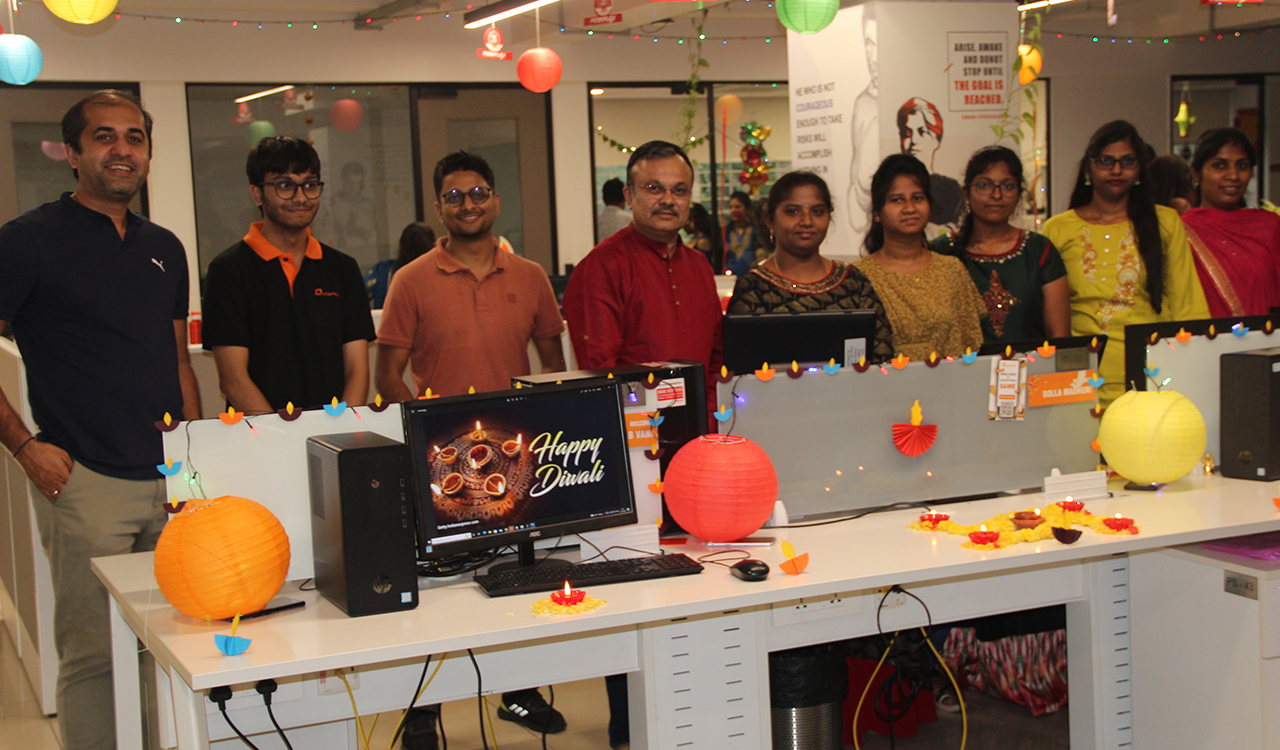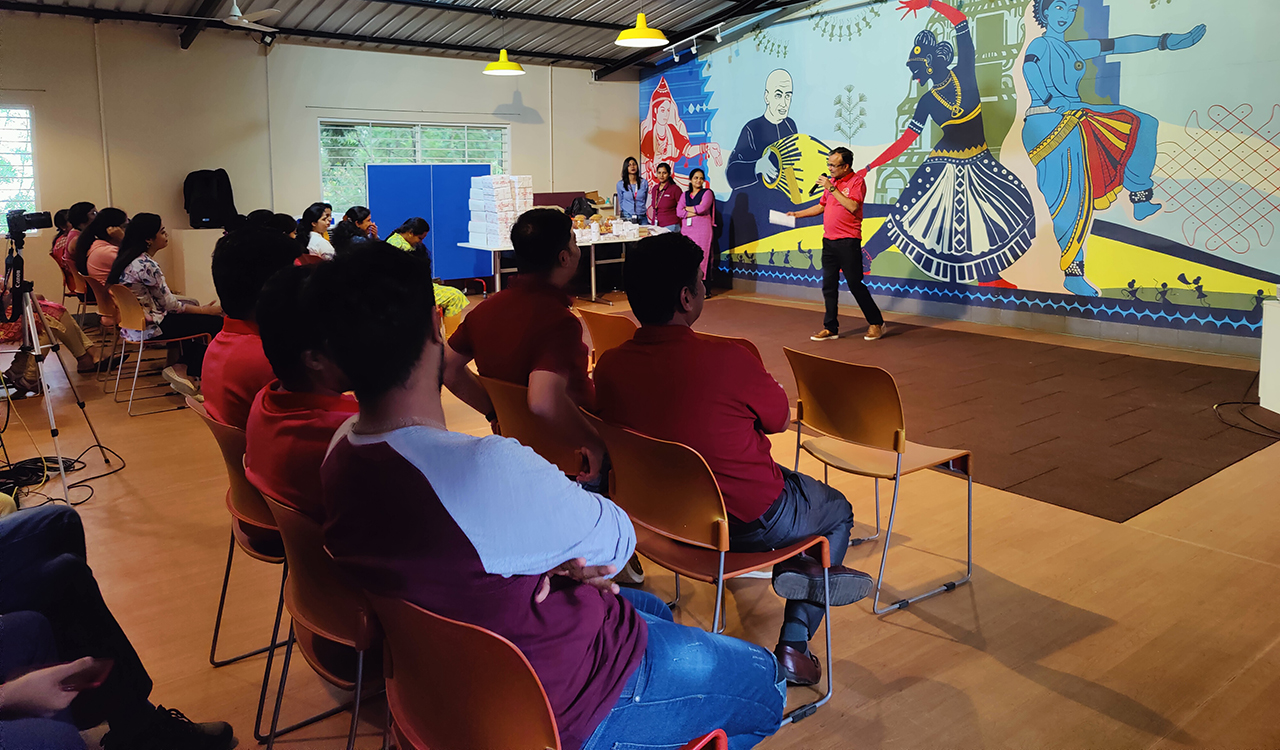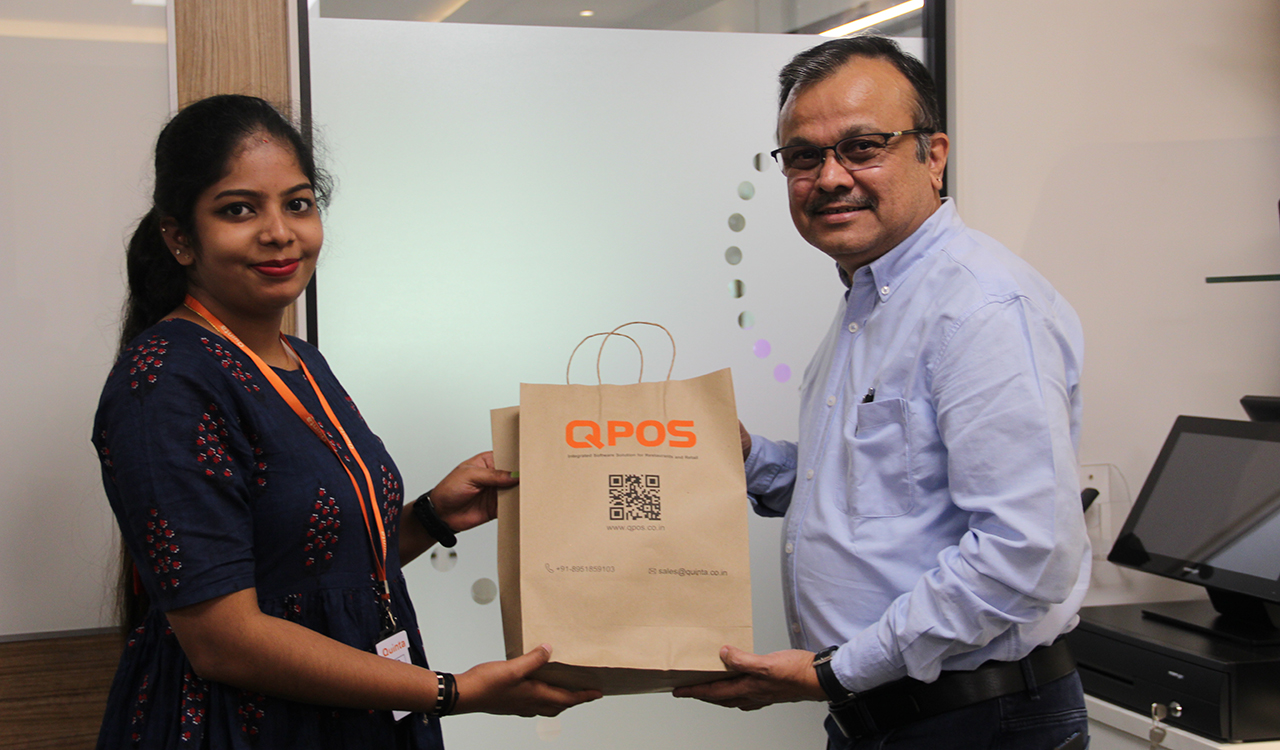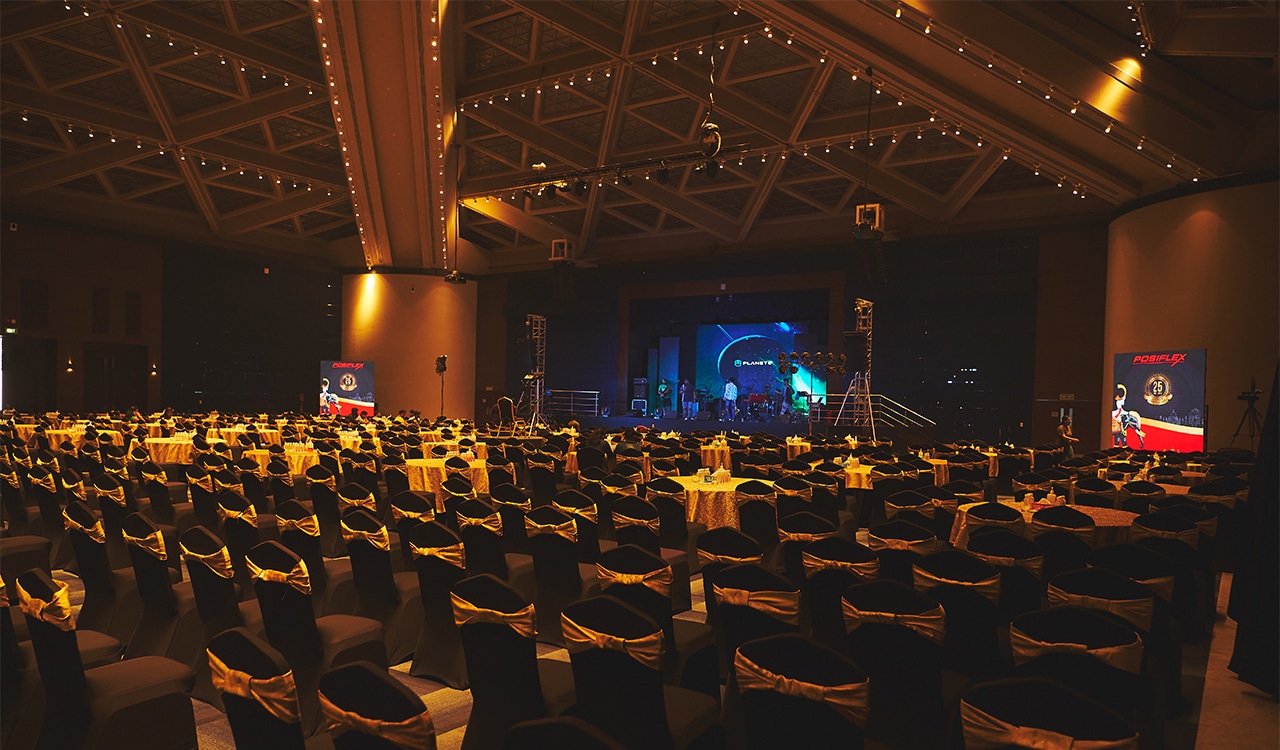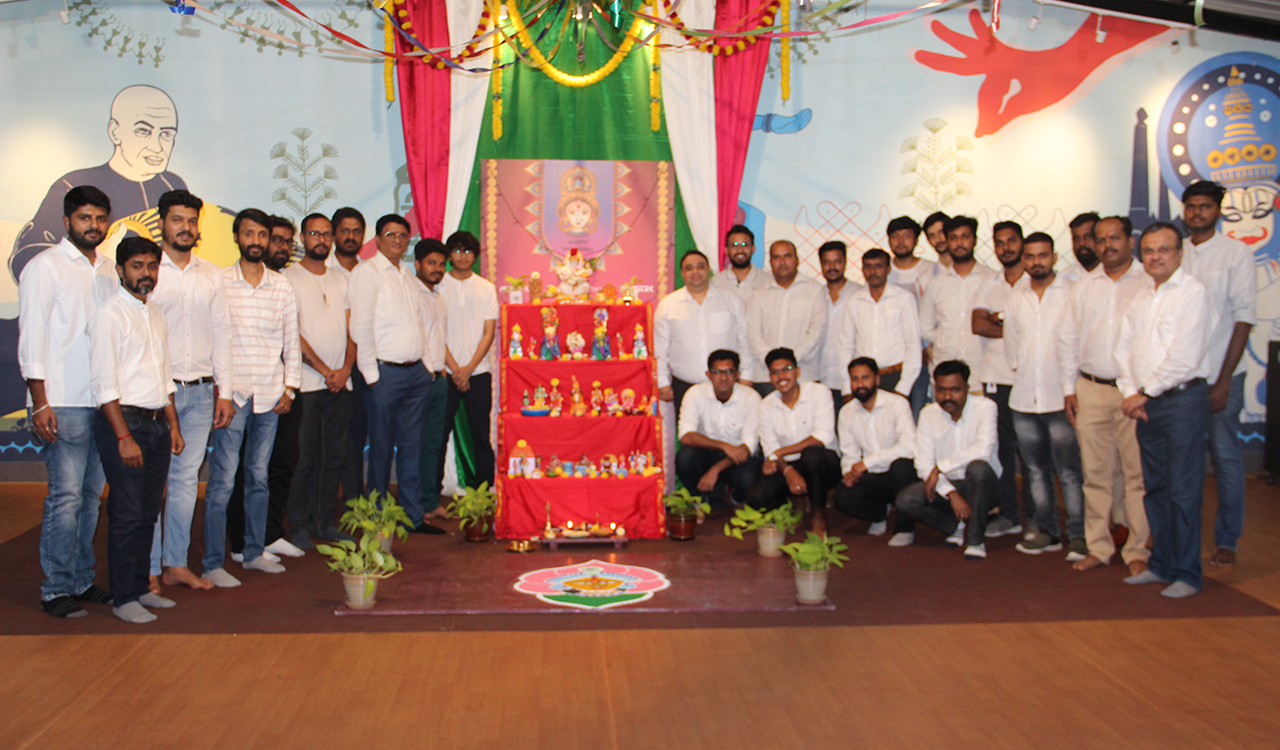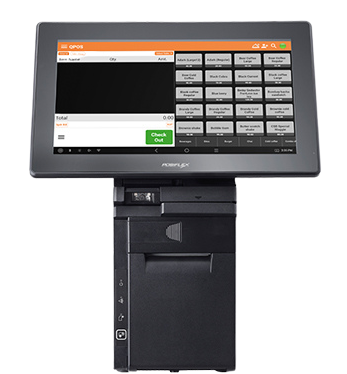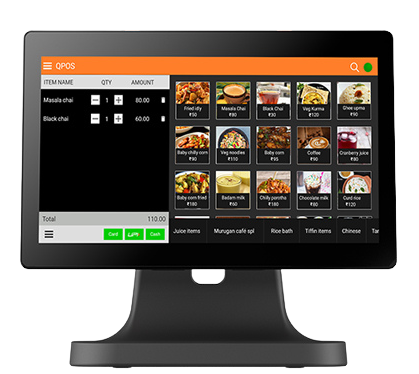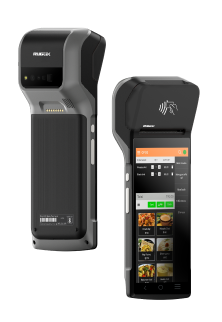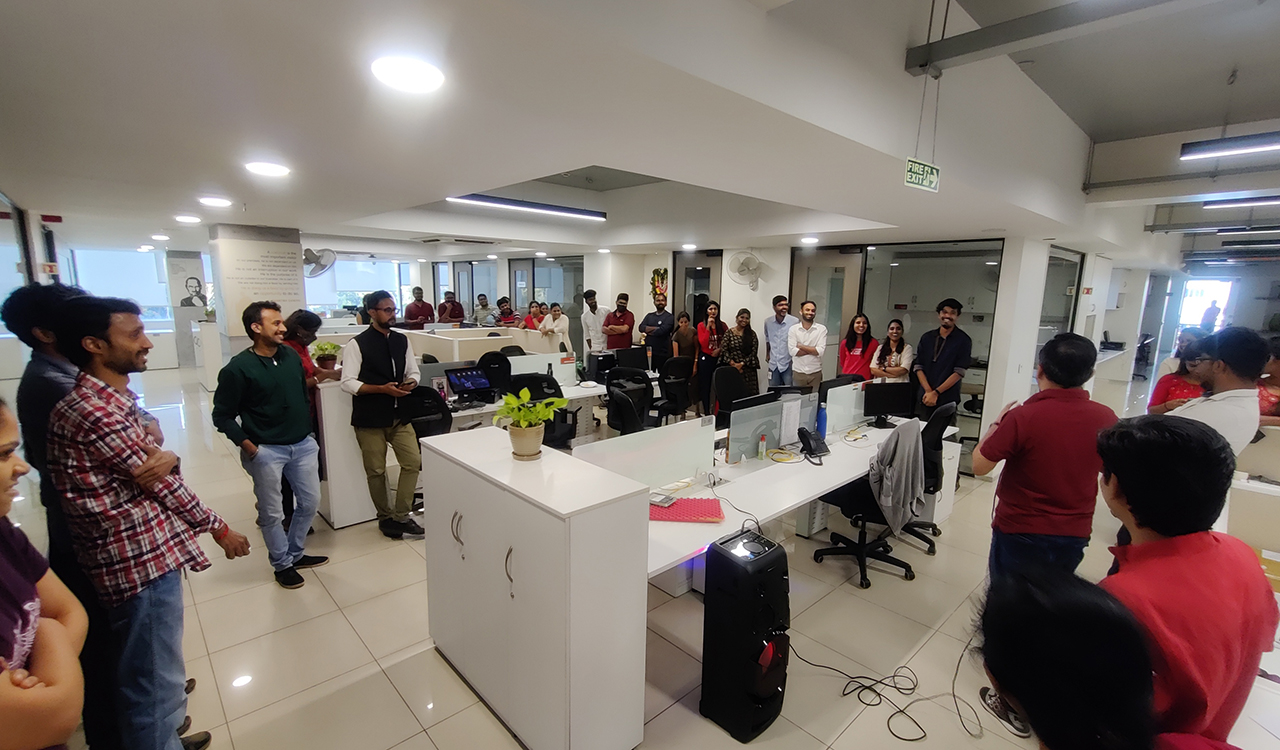Franchising has become a popular strategy for restaurant business expansion. By franchising, restaurants can leverage the brand recognition, operational efficiencies, and marketing expertise of their franchisees to grow their business. However, not all franchise types are created equal. In this blog, we will explore the different types of franchise models used for restaurant business expansion.
- Single-Unit Franchising
- Multi-Unit Franchising
- Master Franchising
- Area Development Franchising
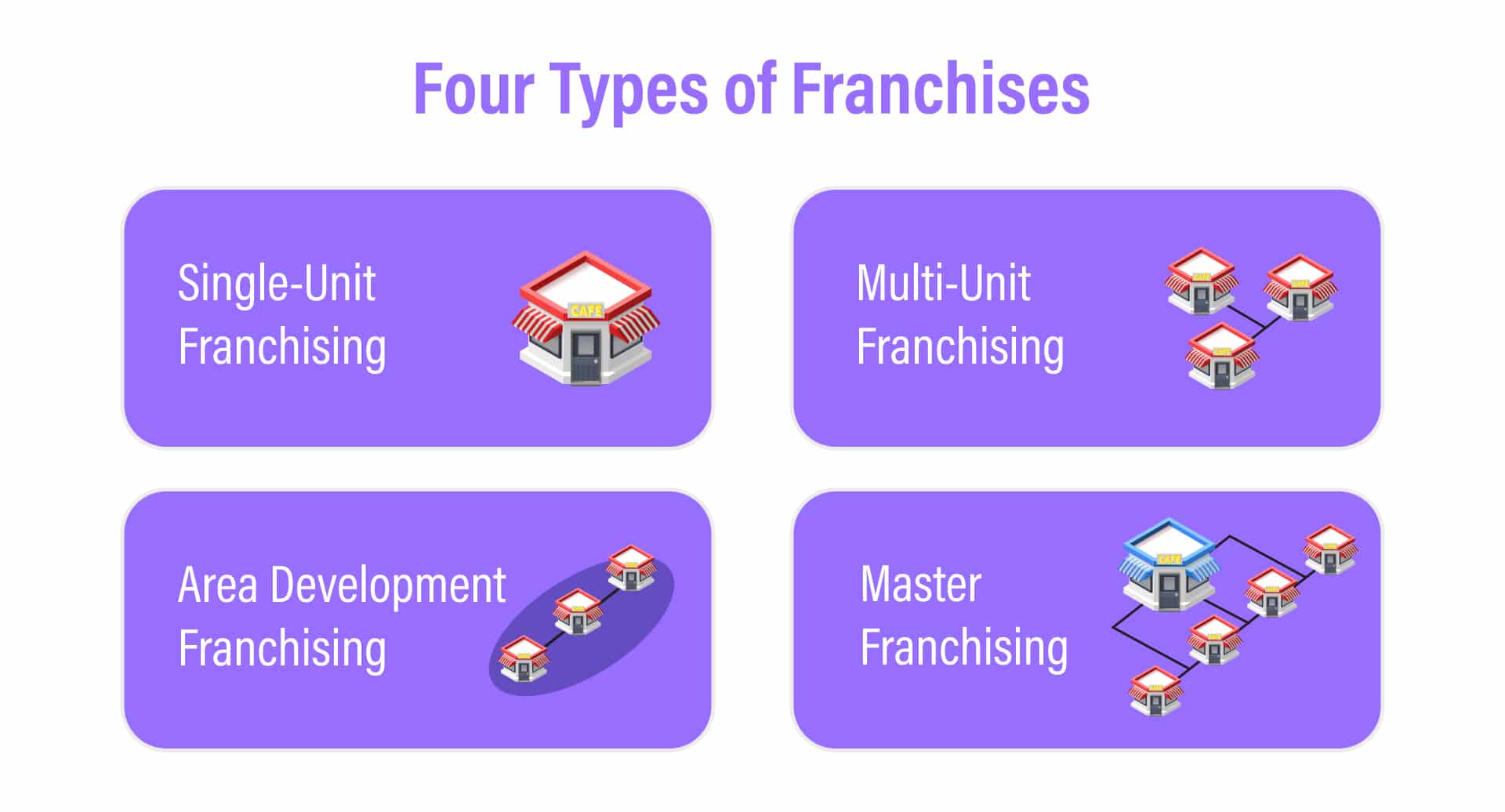
Single-Unit Franchising:
Single-unit franchising is the simplest and most common type of franchise model. Under this model, the franchisor grants a franchisee the right to open and operate a single unit of the franchise concept. The franchisee is responsible for all aspects of the operation, including finding a location for the restaurant, hiring employees, and managing the day-to-day operations.
Single-unit franchising is a great option for small food and beverage restaurants that are just starting to franchise or for those that have limited resources. It allows the franchisor to test the restaurant franchise concept and make adjustments before expanding to multiple units.
Click here to know more about Chai Vaai Cafe Franchise
Multi-Unit Franchising:
Multi-unit franchising allows a franchisee to operate multiple units of the franchise concept within a defined territory. Under this model, the franchisee has the right to open and operate multiple units, typically in a specific geographical area. Multi-unit franchising is a great option for franchisees who have in-hand experience in running a single unit and are ready to expand their restaurant business.
Multi-unit franchising allows the franchisee to leverage their experience and resources across multiple units, which can lead to an increase in the restaurant’s efficiencies and profitability. For franchisors, multi-unit franchising can lead to faster growth and increased revenue.
Master Franchising:
Master franchising, also known as sub-franchising, is a more complex franchise model. Under this model, the franchisor grants the rights to a master franchisee to operate and sub-franchise the franchise concept in a specific geographic area.
The master franchisee is responsible for finding and recruiting sub-franchisees for their restaurant, providing them with training and support, and supervising their operations. The master franchisee typically earns a portion of the sub-franchisee’s commission fees and royalties.
Master franchising is a great option for franchisors looking to expand their restaurant business in international markets or in areas where they have limited expertise. It allows the master franchisee to adapt the franchise concept to local markets and cultures while still maintaining their restaurant brand standards and consistency.
Click here to know more about Magic Momo Cafe Franchise
Area Development Franchising:
Area development franchising is similar to multi-unit franchising, but with a twist. Under this model, the franchisor grants a franchisee the right to open and operate multiple units of the franchise concept within a defined geographic area, but with a pre-determined timeline.
The franchisee is required to develop a certain number of units within a specified timeframe. Once the development period is complete, the franchisee has the option to continue opening units or sell the rights to another franchisee.
Area development franchising is a great option for franchisors looking to quickly expand their food and beverage business in a specific area. It allows the franchisee to focus on opening multiple units within a specific timeframe while still maintaining the quality and consistency of the franchise concept.
In conclusion, franchising is a great option for restaurant business expansion, and there are several franchise models to choose from. Whether you are just starting to franchise or are ready to expand your restaurant business in a specific geographic area, there is a franchise model that can meet your needs. Single-unit franchising, multi-unit franchising, master franchising, and area development franchising are all specifically viable options for restaurant franchising.
While it is important to sign up good Franchisees to build the Restaurant brand and expand across the geographies, it is equally imperative to maintain a track of the performance of each of the franchisees. QPOS with its Franchise Management Module, enables the Brand to keep track of the sales, commissions, top selling products among others. Also, the brand that is selling its raw material to the Franchisees would need a good Inventory Management System to facilitate smooth transactions and ultimately happy customers!

